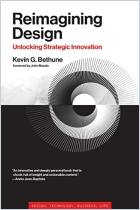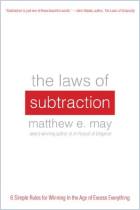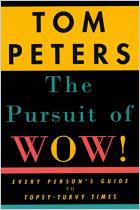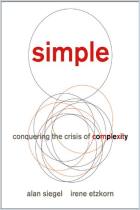Recommendation
The poet William Wordsworth once wrote, “The world is too much with us.” If this was true in the bucolic 18th and 19th centuries when Wordsworth lived, it is even more true today, when every gadget comes with an incomprehensible 100-page instruction manual. Thus, simplifying people’s lives with your products and services is a surefire path to business success; it will endear you to your customers forever. In this aphoristic little book, graphic designer John Maeda has distilled all he knows about simplicity into 10 laws and three key ideas. He sprinkles mnemonics, icons and graphics throughout, which you may enjoy if you’re a visual learner or find baffling if you’re not. If you really like the icons, you can download them from the Web site Maeda put together to complement the book. getAbstract recommends this work particularly to marketing people, product designers and technical writers. Maybe some day your mother won’t have to call you every time she wants to record Jeopardy.
Summary
About the Author
John Maeda is a computer scientist, visual artist, graphic designer and professor of media arts and sciences at MIT. He has received many design awards.












Comment on this summary